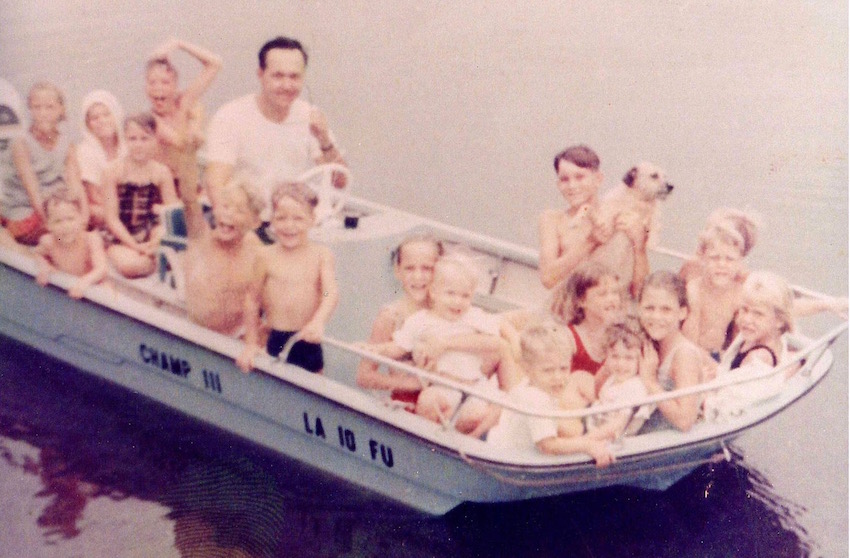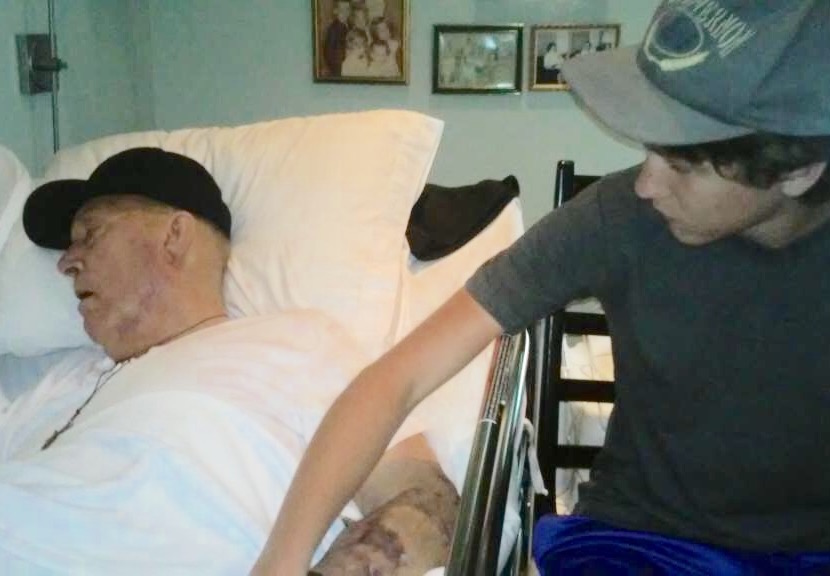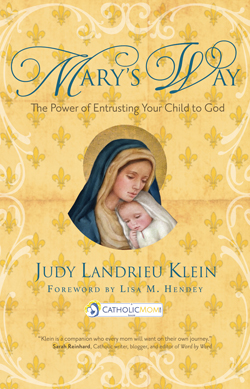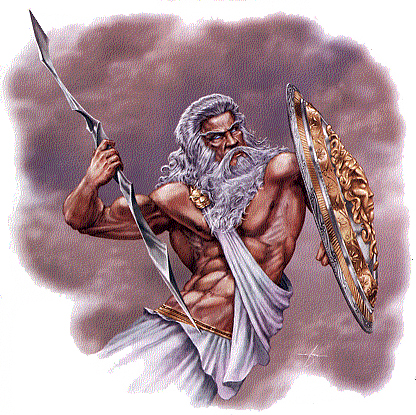 “At that last hour a soul has nothing with which to defend itself except My mercy.” —Diary of St. Faustina, par. 1075
“At that last hour a soul has nothing with which to defend itself except My mercy.” —Diary of St. Faustina, par. 1075
“Do you believe in God, Dad?” I asked from the driver’s seat as Daddy and I cruised down St. Charles Avenue heading for my parents’ New Orleans home.
My then-eighty-year-old father, known to cry freely, began to weep. “I’m totally dependent on God’s mercy, Judy Marie,” he choked out using my entire given name, which he’d called me exclusively since the day I was born. “What else is there?”
That conversation contained the most open display of faith I’d ever seen in my dad; a father of ten whom I’d never witnessed initiating prayer or church attendance. Daddy and I had never even talked about faith before, and we only stumbled into this conversation because he was attending my Health Care Ethics course at a local Catholic college. Our weekly post-class lunch together, and the drive home, left ample time for conversation but it seemed that the topic of God was the hardest thing to broach.
Until Daddy lay dying.
“Dad,” I said out loud as I held the hand of my lightly comatose father in what would be the last week of his life, confident he could still hear me. “Remember what you told me about being completely dependent on God’s mercy? Trust in the mercy of God when you meet him, Dad,” I continued. “That’s all you need to do.”
Family members had been gathering daily by Daddy’s bedside to pray the Rosary and Divine Mercy Chaplet, engaged in a vigil of prayer and personal attendance as he slept in a newly delivered hospital bed. At least one person from our large family sat next to him constantly, while others occupied nearby spaces—keeping company with Mama and each other, preparing meals, and running necessary errands.

“What a beautiful way to die,” I thought one evening as I stood in the kitchen tending a rump roast and sipping a glass of wine. I was overcome with awe by the sheer grace of it all, noting the powerful manner in which our father’s impending death had pulled us all to God and to each other; offering gratitude for the way a father’s final days had drawn a family that’s experienced more than its fair share of adversity, division and tragedy solidly together in faith, hope and love.
A priest friend had come by twice in eight days to offer Mass, anointing both of our ailing parents each time with the Sacrament of the Sick. At the second Mass at least thirty members of our extended family crammed around the dining room table to celebrate the liturgy—the same table at which at least a dozen people would gather for dinner another night to pool our hearts and prayers: intermittently praying, eating, crying, laughing, and sharing stories of our lives together. An Apostolic Pardon was given to Daddy, as well as the offering of love, peace and pardon from many family members. One particularly precious night, a room full of grown children raised our voices beside our unconscious father to thank him for the many gifts he’d given us, including endless hours spent in the scorching Louisiana heat teaching twenty-eight first cousins how to ski, crab, boat and fish in the murky waters of Lake Pontchartrain.
Life had not always been easy and Daddy had borne his scars, especially from the heart-shattering deaths of two of his sons to suicide. Indeed, life had seemed almost merciless at times and God far distant, and our now-fragile father had cried many tears over life’s bitter disappointments.
But now—at the hour of death when it mattered most—mercy upon mercy showed up.
A peaceful, holy death was granted to a man who had the grace to comprehend that he was “totally dependent on God’s mercy”—tender, faithful Mercy that drew us all into its embrace during a father’s final farewell.
This article previously appeared at Aleteia.
Pre-order my new book at MemorareMinistries.com.



